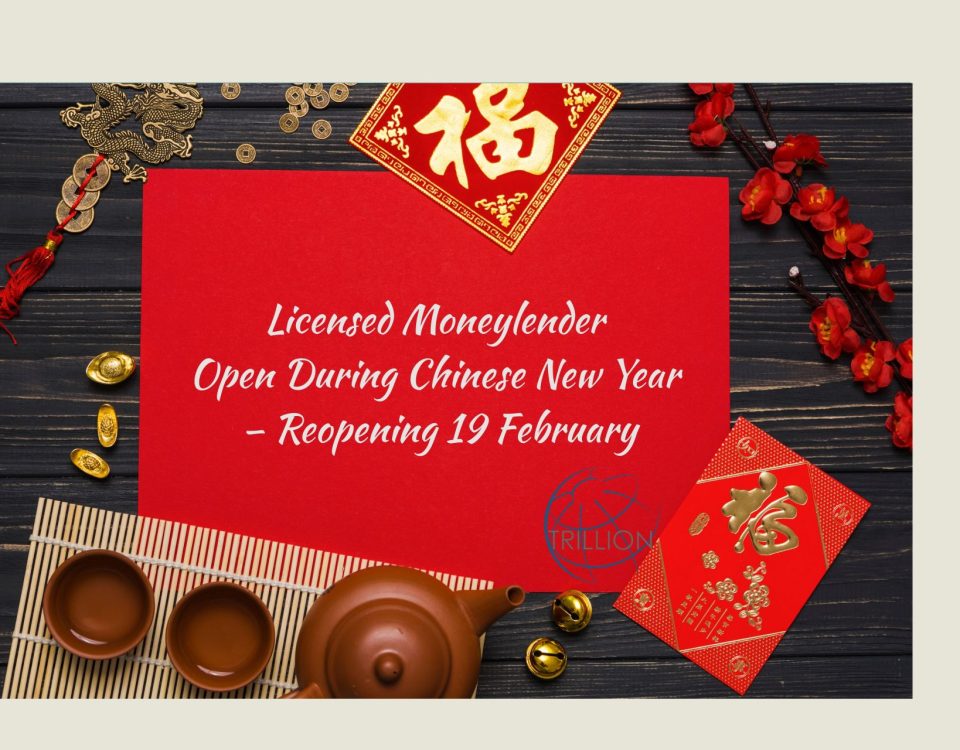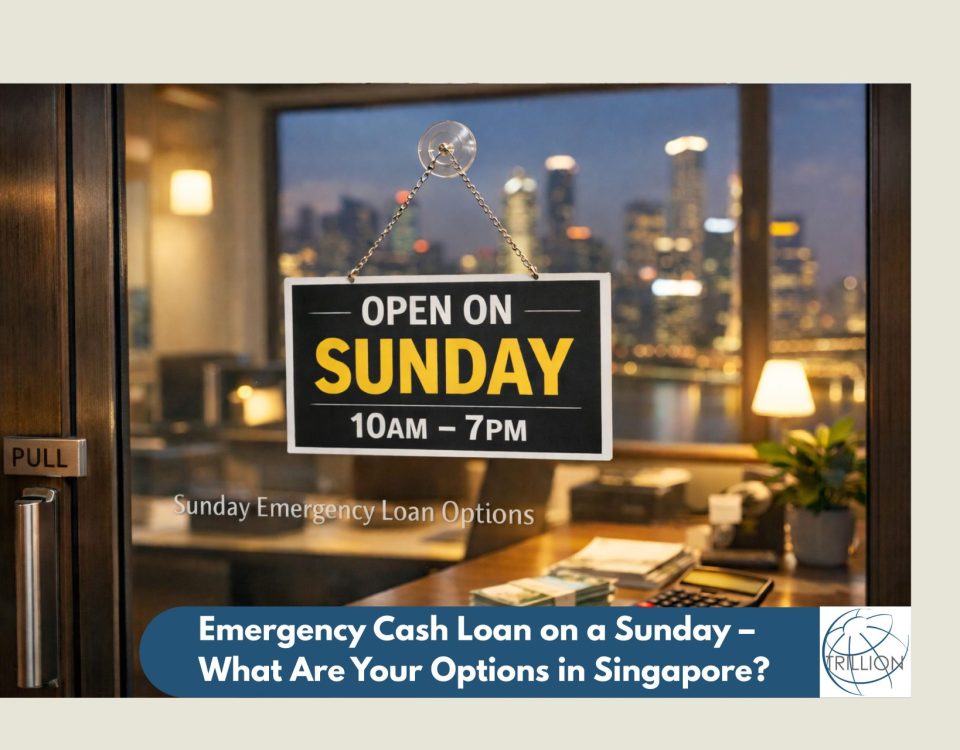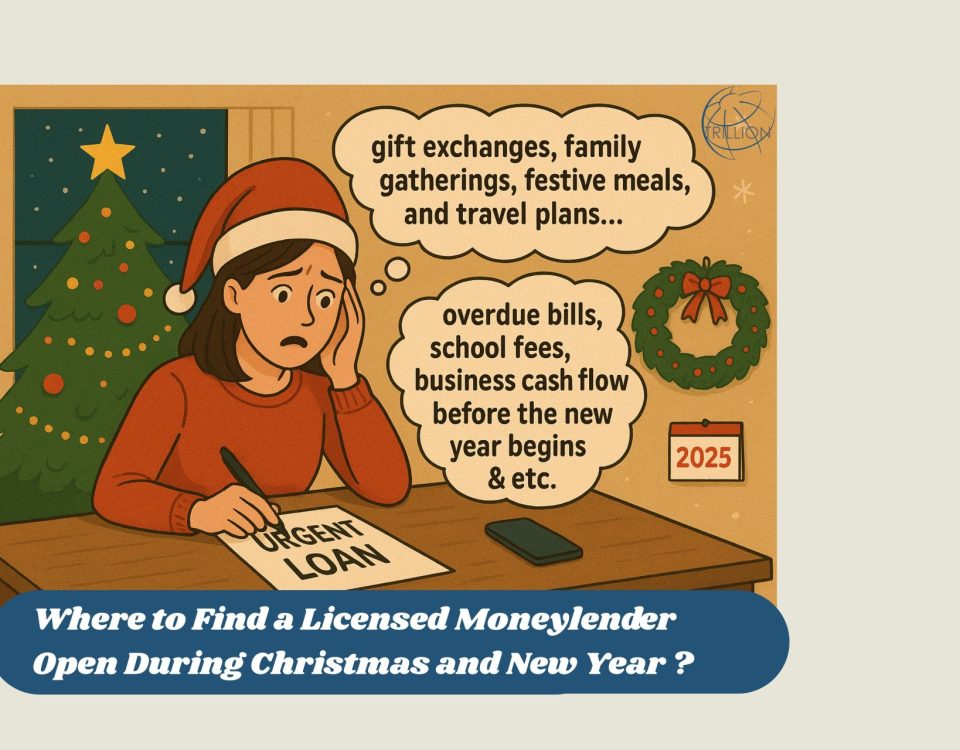In Singapore, an “Excluded Moneylender” refers to an individual or entity that is exempted from the licensing requirements under the Moneylenders Act. Excluded moneylenders are not required to obtain a license from the Ministry of Law to provide loans or engage in moneylending activities.
The Moneylenders Act specifies certain categories of individuals or organizations that are excluded from the licensing requirement. These exclusions are primarily aimed at specific types of lenders who operate within a limited scope and are subject to other regulatory frameworks or legal provisions.
Some examples of excluded moneylenders in Singapore include:
Banks and Financial Institutions: Banks and financial institutions that are regulated by the Monetary Authority of Singapore (MAS) are exempted from the moneylending licensing requirements as they already operate under their respective regulatory frameworks.
Credit Co-operatives: Credit co-operatives, also known as credit unions, are member-based financial institutions that provide credit services to their members. These entities are regulated by the Registry of Co-operative Societies and are excluded from moneylending licensing requirements.
Pawnbrokers: Pawnbrokers, who lend money against collateral such as valuable items, are regulated under the Pawnbrokers Act and are exempted from the licensing requirements under the Moneylenders Act.
Societies Registered Under Societies Act: Certain societies registered under the Societies Act may provide loans to their members as part of their activities. They are excluded from the licensing requirements under the Moneylenders Act.
It’s important to note that although these excluded moneylenders are exempted from licensing, they are still subject to other relevant laws and regulations that govern their specific activities.
Borrowers should exercise caution and ensure they understand the terms and conditions of any loan agreement before engaging with any financial institution or moneylender, licensed or excluded.






